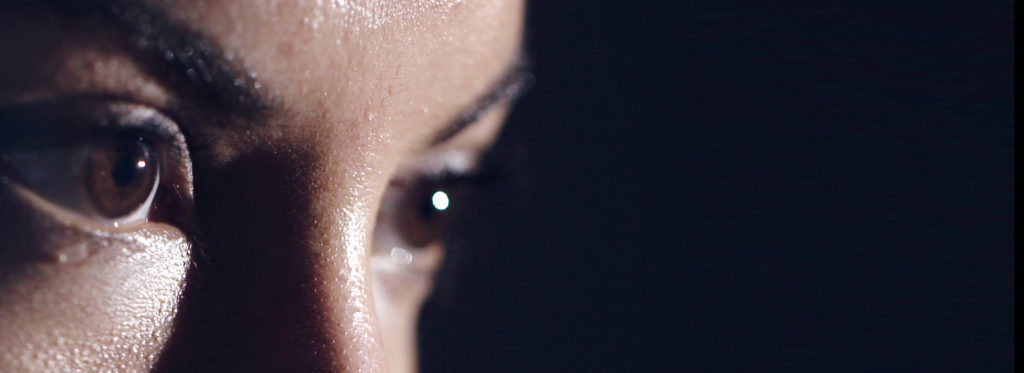Concentration, or the art of working better, faster!
The list of workplace distractions is endless, from open-plan offices and a lack of shared discipline to top-priority emails and social media addiction. Beating these timewasters is one thing: developing your ability to (re)focus on tasks that create (genuine) value is another!
Bill Gates’ almost obsessive capacity for concentration has become the stuff of legend. It’s a talent that enabled Gates to devise the BASIC programming language in 1974 (with Paul Allen and Monte Davidoff ) in just eight weeks, before going on to develop the operating system that made his name. Gates is not an isolated case, but Gates-like levels of eff ectiveness are only possible if: (i) you put in sustained eff orts to concentrate; and (ii) you fi ght distractions tooth-and-nail.
Agility and speed: two essential qualities…
The two skills that will become absolutely crucial in the coming years are the ability to master complicated information quickly and to deliver high-quality results in less time. Combining these two qualities will not only make you better at what you do but will also give you a real sense of achievement. In fact, this combination is THE superpower of the digital age, which can only result from in depth work requiring total concentration. And yet, respondents in a 2017 survey by Adobe1 admitted that they spent more than fi ve hours a day on their professional and personal emails (compared to 6.5 hours in the previous year). Work has become a place where we lose our concentration on a massive scale, which is incompatible with value creation. In short, we need to rethink the way we work.
.. that are impossible unless you master your concentration…
Deep work – the facility to work at full concentration – is like using a muscle: it needs to be exercised. Deciding to cut out distractions is not enough in itself to propel you into a focused state of attention. Concentrating intensely on a piece of work takes enormous effort. Setting a clear objective is a must for deep concentration. After defining the goal you want to achieve, it’s time to put your good intentions into practice. Establish rituals and routines so you can commit yourself fully and develop your ideas. Decide on the subject you will invest in, how long it will last and what you will need to help you without having to shift focus (for example, keep a bowl of dried fruit within reach or a cup of coffee). A ritual – some short physical exercises or a sip of tea, for instance – can serve as a transition towards a state of unbroken concentration.
Excerpt from Business Digest N°288, July-August 2018
© Copyright Business Digest - All rights reserved

